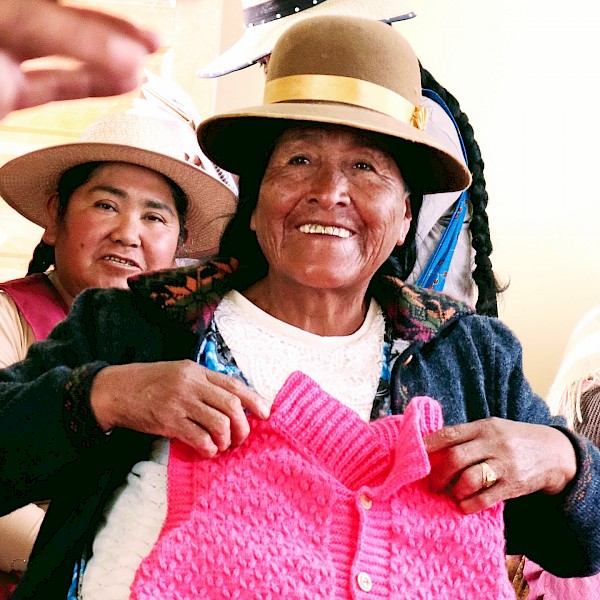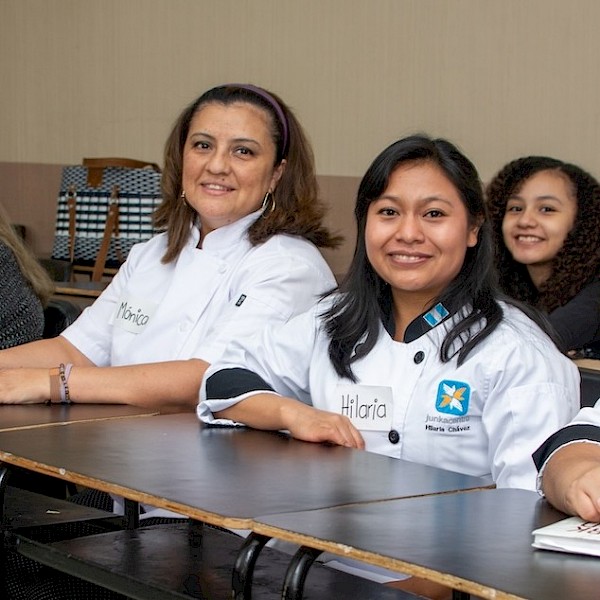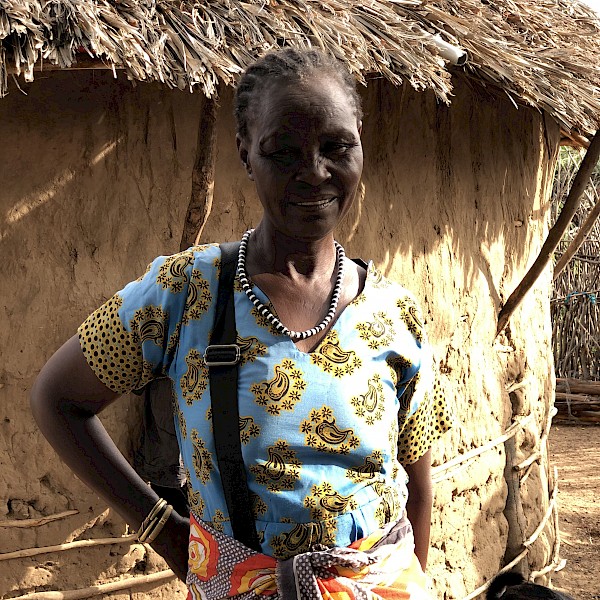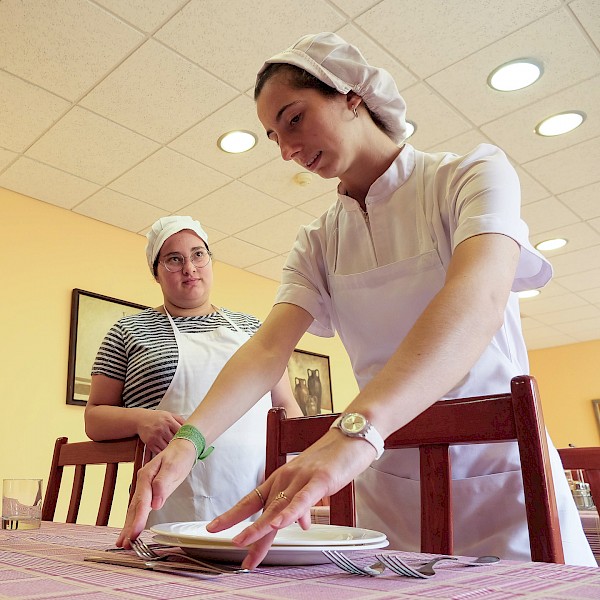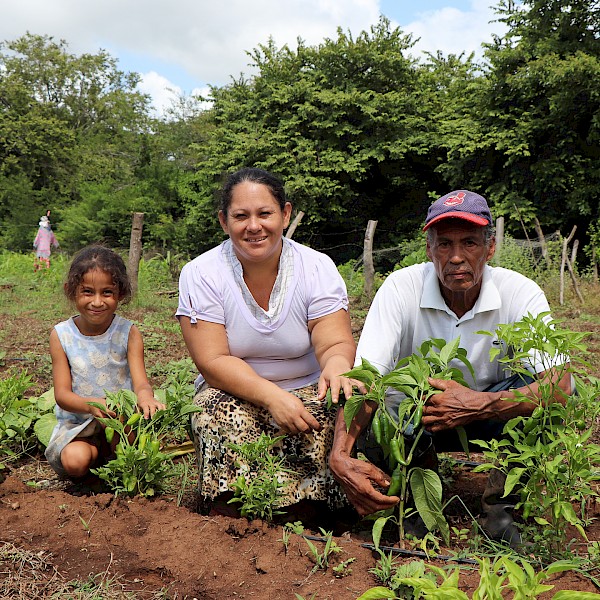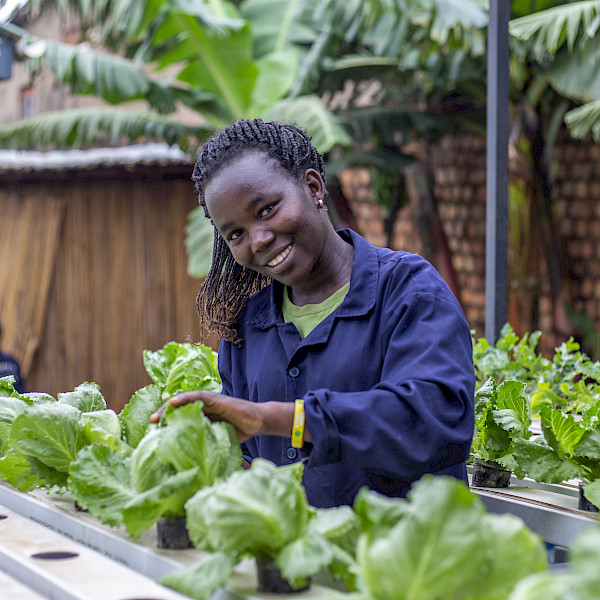Nicaragua
"Suma y multiplica": empowerment of rural women in the Pacific Area of Nicaragua

Duration
2021 – 2022

Budget
247 265 €

Beneficiaries
Women
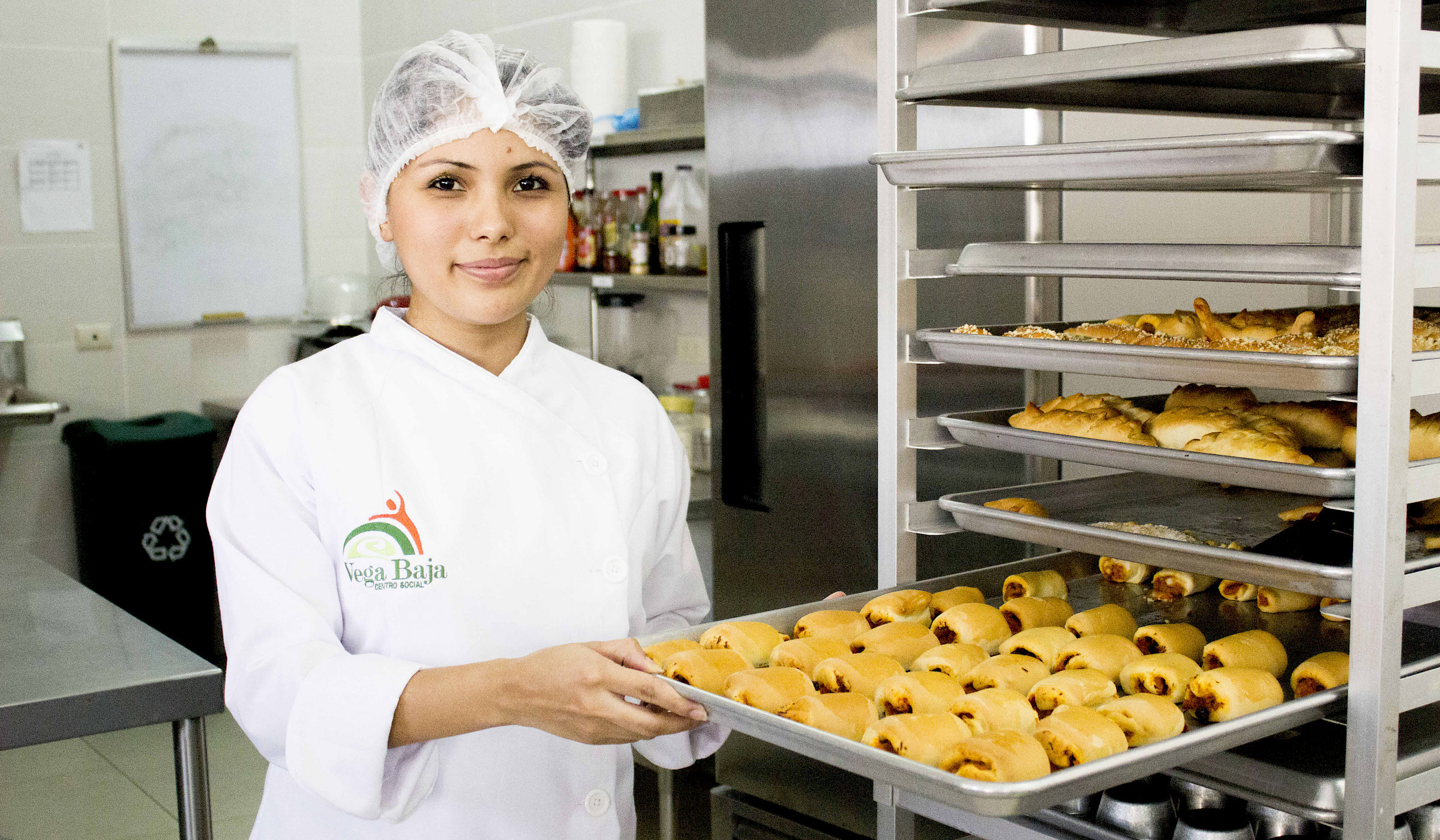



Advancing Women's Livelihoods through Vocational Education
Inter-Cultur, in partnership with ANDECU, implemented a vocational training program aimed at addressing the economic vulnerability of women in Nicaragua. The program provided training in sewing and tailoring, catering and food service, and beauty services, and promoted entrepreneurship, particularly self-employment and home-based businesses. This initiative aimed to tackle the high poverty rates and gender gap in labor force participation by equipping women with essential tools, skills, and support, thereby breaking the cycle of poverty and improving living standards for women and their families.
The program made significant strides in empowering women and increasing their income levels. It engaged 500 women in productive activities, fostered the creation of decent jobs, and enhanced entrepreneurship. Participants reported significant income growth, with many experiencing at least a 10% increase in monthly sales. The project also emphasized personal finance management, motivating 90% of participants to maintain financial records for their households and businesses.
Entrepreneurial fairs conducted during the program provided valuable exposure, with 30% of participants successfully raising brand awareness and generating profits. Citizenship workshops positively impacted the confidence and self-esteem of the entrepreneurs, enabling them to embrace new challenges. Additionally, the project enhanced the resilience and emotional recovery capacity of ANDECU graduates.
This project has been funded by the Ministry for Foreign Affairs of Finland.
Key Achievements and Outcomes:
- Improved financial, productive, and administrative knowledge of 240 women microentrepreneurs.
- Enhanced business management strategies and life skills for 160 microentrepreneurs, enabling sustainable income generation.
- Provided individual advice to 160 businesswomen, with at least 75% maintaining some type of accounting record for their businesses.
- Developed improvement plans for 160 micro-businesswomen, with at least half accessing new markets.
Photo gallery
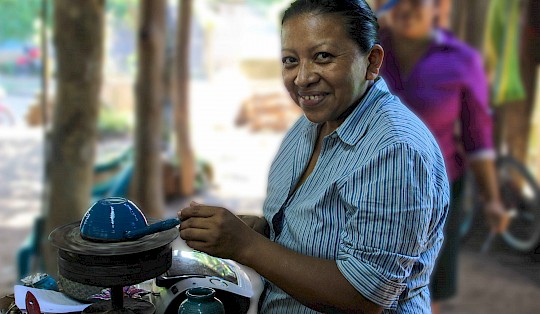
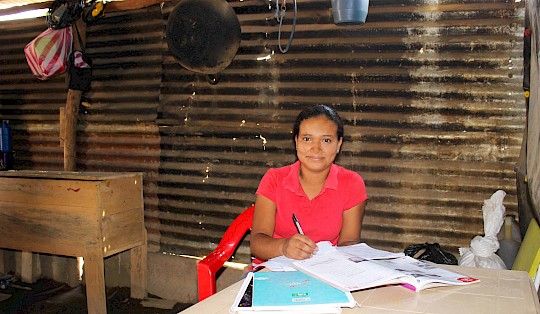
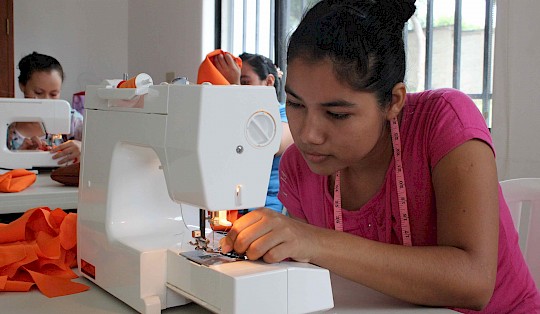
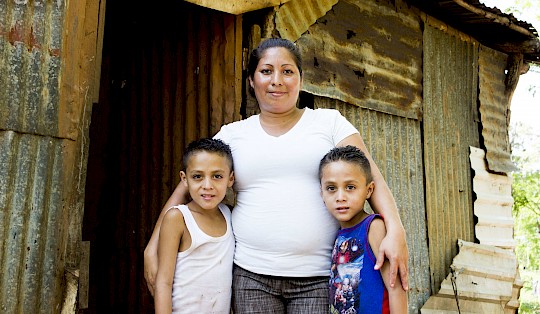
Countries
Bolivia
Home to the Andes mountains, Bolivia faces challenges such as poverty and environmental concerns, particularly among its indigenous populations. Our partnership with AYNI focuses on vocational training, literacy, and sustainable agriculture, aiming to empower marginalized communities and women.
Guatemala
In Guatemala, a country known for its rich indigenous heritage, we address the needs of women in disadvantaged situations through Fundación Junkabal. Our initiatives in vocational training and micro-entrepreneurship are designed to uplift women and advocate for human rights.
Kenya
Kenya's diverse landscape is the backdrop for our efforts to tackle poverty and unemployment in the country. Examples of our work include offering vocational education in Nairobi's slums through SET and Eastlands College of Technology, and improving the agricultural activities of rural women in Turkana County, both aiming to improve life quality and employment prospects with an integral formation model.
Lebanon
Lebanon, with its millennia-old heritage, navigates through profound economic crises and a significant refugee presence. In response, our partnership with PRODES and IMS is dedicated to empowering women through vocational training in hospitality, tourism, and gastronomy, equipping young women from rural areas for better prospects.
Nicaragua
Nicaragua, with its dramatic volcanic landscape, faces social unrest and economic difficulties. Our work with ANDECU supports women by investing in vocational training centers and micro-business resources, empowering them to improve their income levels and overcome challenges in their families and communities.
Uganda
Uganda, known for its diverse landscapes and rich cultural heritage, faces socio-economic disparities and gender inequality impacting vocational education access. Partnering with COWA, we provide women and youth with vocational training and technological empowerment to boost employment opportunities and economic independence, promoting gender equality and sustainable development.
